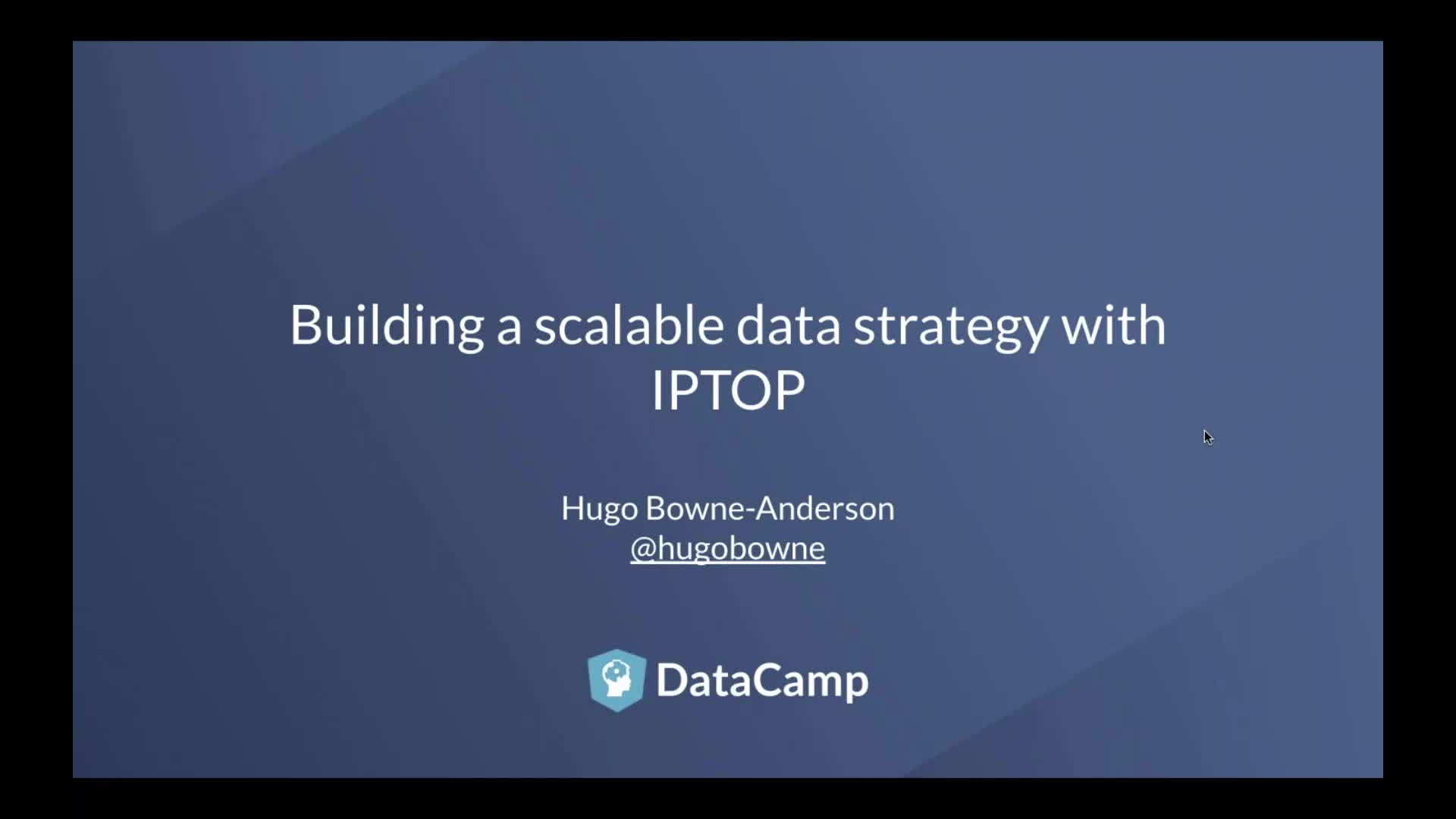Lautsprecher
Trainierst du 2 oder mehr?
Erhalten Sie für Ihr Team Zugriff auf die vollständige DataCamp-Bibliothek mit zentralisierten Berichten, Zuweisungen, Projekten und mehrVerwandt
webinar
Scaling Data Science At Your Organization - Part 1
Find out how to scale data science at your organization with IPTOP.webinar
5 Things Every Business Leader Needs to Know About Data Strategy
Find out the 5 key aspects of data strategy across different industries.webinar
Make the most of your organization’s data with business intelligence
Learn how to scale data insights in your organization with business intelligencewebinar
Scaling Data Science At Your Organization - Part 2
Scaling and democratizing data science relies on infrastructure and tools.webinar
Scaling Data Science At Your Organization - Part 3
Learn how to organize your data science team to scale effectively.webinar
Fostering Confidence with Data Across Your Organization
Learn how to empower your entire organization with data literacy.Join 5000+ companies and 80% of the Fortune 1000 who use DataCamp to upskill their teams.
Loved by thousands of companies

